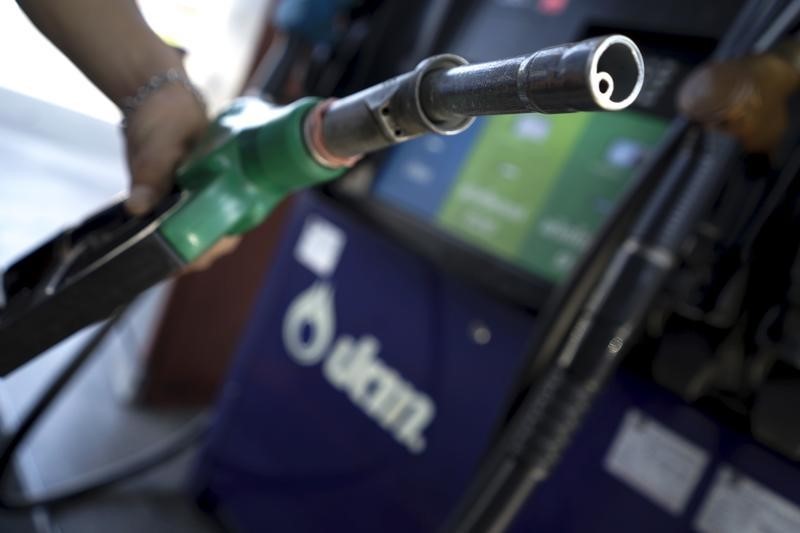By Barani Krishnan
Investing.com - The effects of Hurricane Delta may be wearing off, but the perfect storm arrived anyway on Monday for crude prices, driving the market down almost 3%.
The lifting of a force majeure at Libya’s largest oilfield, the end of a Norwegian oil industry strike and signs that U.S. producers were adding to output as Delta exited the Gulf Coast of Mexico came together to roil the market.
Adding to the weight on oil was a forecast by seevol.com that show stockpiles at Cushing, the delivery point for contracted U.S. crude, up by 3.9 million barrels for the week ended Oct. 9.
“Overall, the crude market appears to have failed at the 50 day and 200 day moving average and just got back under the 100 day this morning,” said Scott Shelton, energy futures broker at ICAP (LON:NXGN) in Durham, North Carolina.
“I still think the market is rudderless and susceptible to MACRO-driven rallies, but the information is looking worse for oil despite improving margins, and I think we could see another move to $38.”
New York-traded West Texas Intermediate, the key indicator for U.S. crude prices, settled at $39.43 per barrel, down $1.17, or 2.9%, on the day. The move wiped out almost a third WTI’s 9.5% gain for last week.
London-traded Brent crude, the global benchmark for oil, settled down $1.13, or 2.6%, at $41.71. Brent rose 9.1% last week.
Production in Libya, a member of the Organization of the Petroleum Exporting Countries (OPEC), is expected to rise to 355,000 barrels per day (bpd) after force majeure at the Sharara oilfield was lifted on Sunday.
Rising Libyan output will pose a challenge to OPEC+ - a group comprising OPEC and allies including Russia - and its efforts to curb supply to support prices.
Hurricane Delta, which inflicted the biggest blow in 15 years to energy production in the U.S. Gulf of Mexico last week, was downgraded to a post-tropical cyclone at the weekend.
Workers headed back to production platforms on Sunday and French oil major Total restarted its 225,500 barrel per day Port Arthur refinery in Texas.
Prices were also pressured by a jump in new COVID-19 cases, which has raised the specter of more lockdowns which could dampen demand for oil.
Infections are at record levels in the U.S. Midwest. In Europe, British Prime Minister Boris Johnson announced new coronavirus lockdown measures while Italy — which shocked the world with the horror of its Covid-19 saga in March — was preparing fresh nationwide restrictions.
